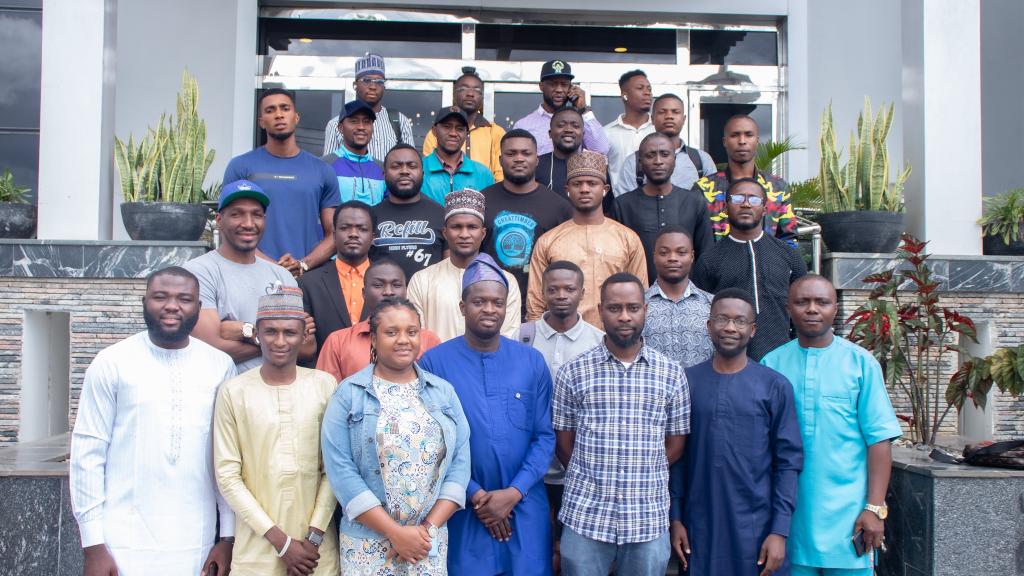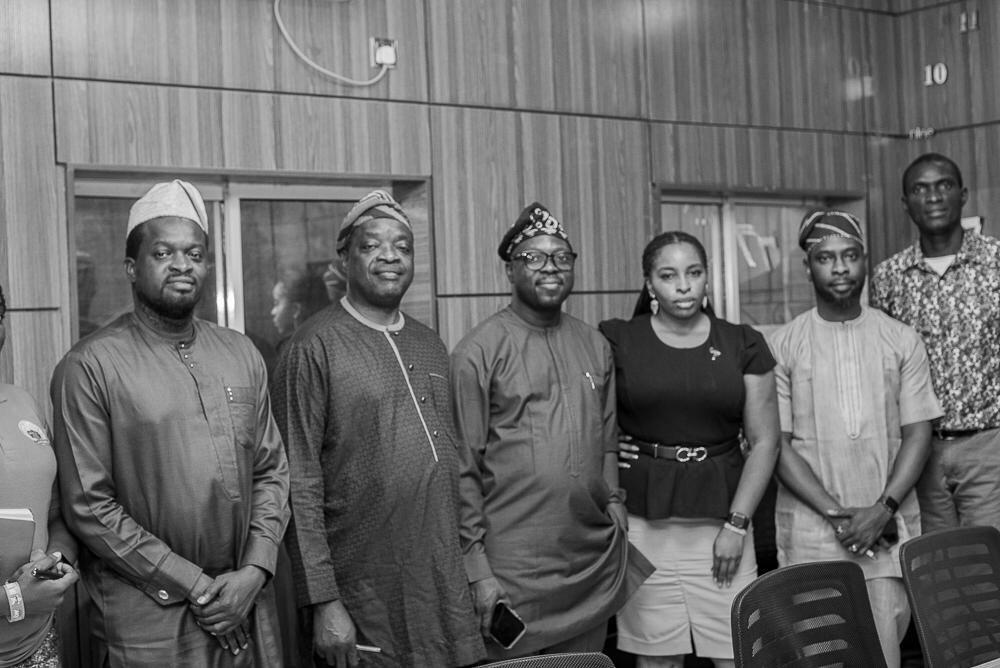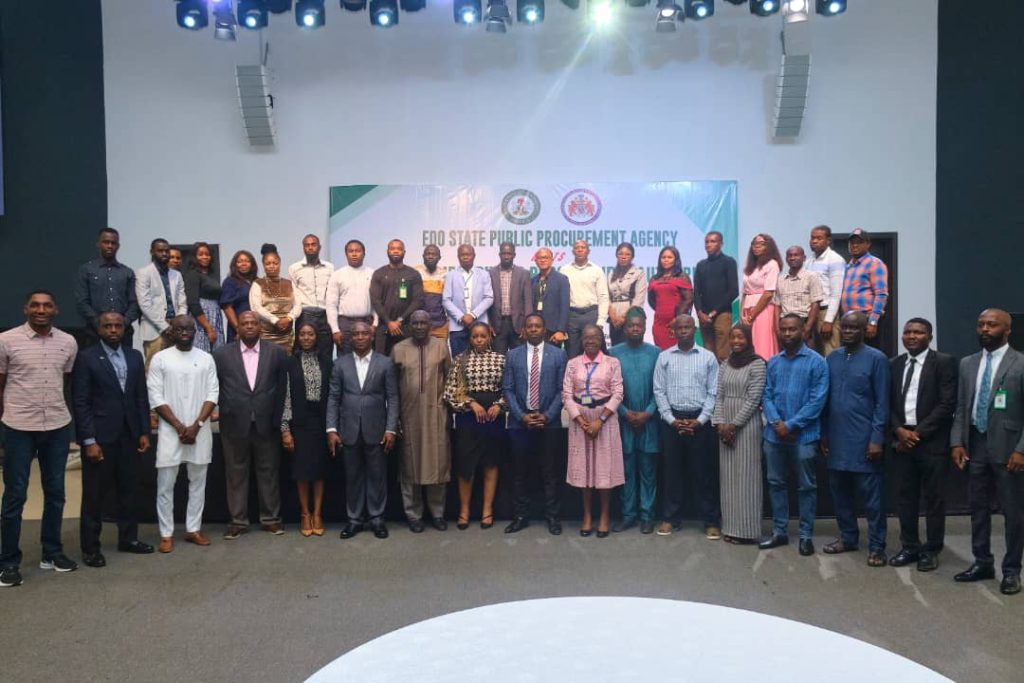•Abbas: we’re reviewing existing anti-corruption laws to strengthen enforcement mechanisms
Chuks Okocha and Adedayo Akinwale in Abuja
As the world marked the global corruption day, the presidential candidate of the Labour Party, LP, in the last general election, Mr. Peter Obi, has lamented the effects of corruption in Nigeria, stating that trends suggest corruption has become endemic in Nigeria.
On his part, in a related development, the Speaker of the House of Representatives, Hon. Abbas Tajudeen has said that the House is reviewing existing anti-corruption laws to strengthen enforcement mechanisms and close any legal loopholes enabling corrupt practices.
Abbas gave the hint on Monday in Abuja at the international anti-corruption day, with the theme, “Uniting the Youth Against Corruption: Shaping Tomorrow’s Integrity”.
Obi who took to his X account said, ”Today, the Global community marks a very important day – International Anti-Corruption Day, which holds a very important lesson for us in Nigeria, considering how our dear nation has been burdened, over the years, by a sickening level of corruption at all levels of government and across the different arms of government.
”A few days ago, I read a media report credited to the Independent Corrupt Practices and Other Related Offences Commission (ICPC), which boldly stated that corruption has brought Nigeria to its knees economically and socially, and I could not agree more. Corruption is, indeed, the bane of our national development.”
”From lack of transparency in budgeting and allocation of funds to misappropriation of public funds through mindless looting and budget padding, to abuse of public office for personal gains and the many layers of contract inflation – all are different manifestations of corruption across different levels of government, not to mention the bribery, favoritism and toll-gating that go on in different offices.
”Our corruption perception index of 145 out of 180 countries measured shows the high level of corruption in Nigeria, which needs to be fought to a standstill if we must expect any meaningful development. Added to that, we are today ranked among the 11 worst-ruled African nations in the last 10 years.
“All these have not only continued to discourage good governance but have continued to clog the wheels of our national development”, Obi stated.
According to the former governor of Anambra State, ”Just recently, I read in the Media how the auditor general of the federation uncovered financial infractions amounting to N3.403 trillion in some government ministries, departments, and agencies for the financial year ending 31st December 2021.
”A whooping N3.403 trillion not accounted for in a single year! An amount bigger than 20% of our national budget for the said year.
”We are today grappling with a very high debt profile, occasioned by the insatiable hunger for more loans by the government, without a commensurate account of all the previous loans already received and piled up for the next generations.”, Obi lamented.
He said that there are no visible investments or positive impacts on the economy from these loans, showing that they were likely misappropriated or consumed.
He said: ”All these are different manifestations of the endemic corruption eroding our development efforts.
”The anti-graft and anti-corruption agencies must step up their fight against corruption and begin to preoccupy themselves with serious issues of national interest.
”Such corrupt practices like oil theft, budget padding, bribery, collection of large sums of money as bribes for political favors or appointments, and misappropriation of public funds should preoccupy our anti-graft agencies. Those found guilty must face stern justice.
”A day like this provides us the opportunity to search our consciences as leaders and eschew all forms of corrupt practices that pervade every part of our leadership positions. And to us the followers, we must stand against all forms of corruption in our capacities for our national interest.
”I remain committed to contributing to the drastic reduction of corruption in our nation.
“As I have always maintained, in any organization or nation where the leaders are not corrupt, corruption is reduced by over 60%, and fighting the remaining becomes manageable”, he stated.
Meanwhile, the Reps Speaker Abbas also revealed that the House is advancing the Whistleblower Protection Bill to encourage individuals to expose corrupt practices without fear of reprisal.
He said the Green Chamber was also working to amend the Independent Corrupt Practices and Other Related Offences Commission (ICPC) Act to enhance its capacity to effectively investigate and prosecute corruption cases.
The Speaker lamented that corruption undermines Nigeria’s development in profound ways and also drains resources that could be channeled towards building infrastructure, creating jobs, improving education, and providing healthcare.
He noted that billions of dollars are lost annually to corrupt practices, depriving communities of basic services and perpetuating poverty and inequality.
He said equally troubling is how corruption destroys trust in public institutions, leading to widespread disillusionment and a weakened social contract between the government and the governed.
Abbas, however, pointed out that the National Assembly has made significant strides in addressing corruption through legislative efforts aimed at institutional reform and accountability.
He said the legislative arm passed critical laws such as the Nigerian Financial Intelligence Unit (NFIU) Act, which strengthens capacity to track illicit financial flows, and the Proceeds of Crime Act, which ensures effective recovery and management of assets acquired through corrupt means.
The Speaker added: “The current House of Representatives has prioritised anti-corruption in its legislative agenda, reflecting our unwavering commitment to addressing this issue comprehensively.
“We are reviewing existing anti-corruption laws to strengthen enforcement mechanisms and close any legal loopholes enabling corrupt practices.
“For example, the House is working to amend the Independent Corrupt Practices and Other Related Offences Commission (ICPC) Act to enhance its capacity to effectively investigate and prosecute corruption cases.
“Additionally, we are advancing the Whistleblower Protection Bill to encourage individuals to expose corrupt practices without fear of reprisal.”
Also, the Chairman, House Committee on Corruption, Hon. Kayode Akiolu, said the committee remained steadfast in our mandate to combat corruption in all its forms.
He said over the past year, they have made significant strides in strengthening preventive measures, promoting transparency, and fostering accountability.
Going forward, the Chairman said the committee was committed to fostering closer integration and synergy with other stakeholders, including the youth, civil society, organized private sector, and international partners.
Last modified: December 10, 2024








